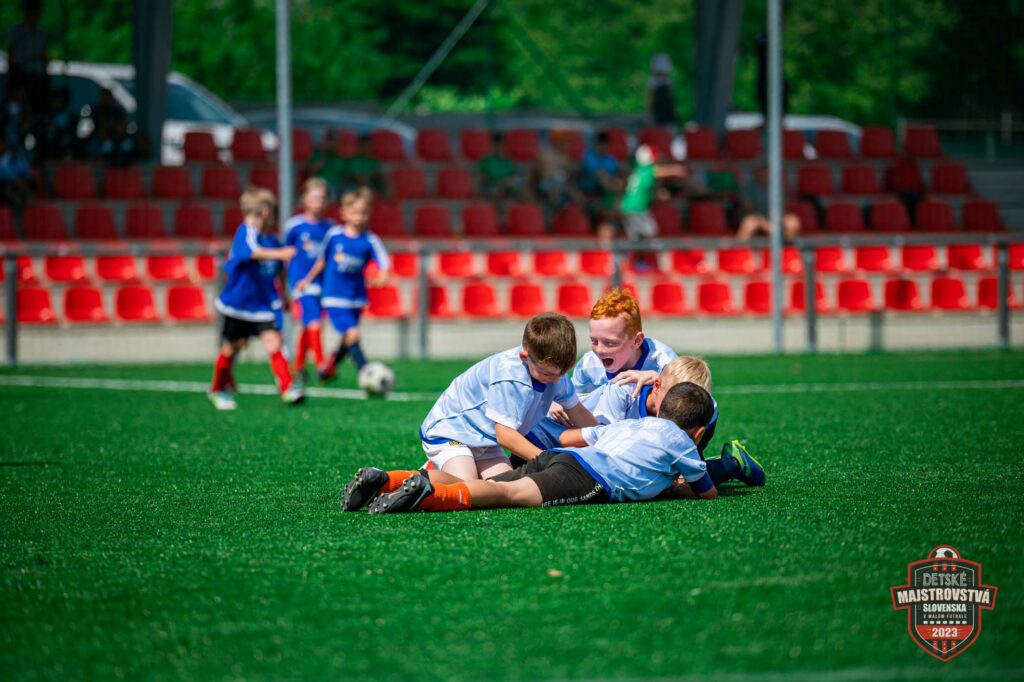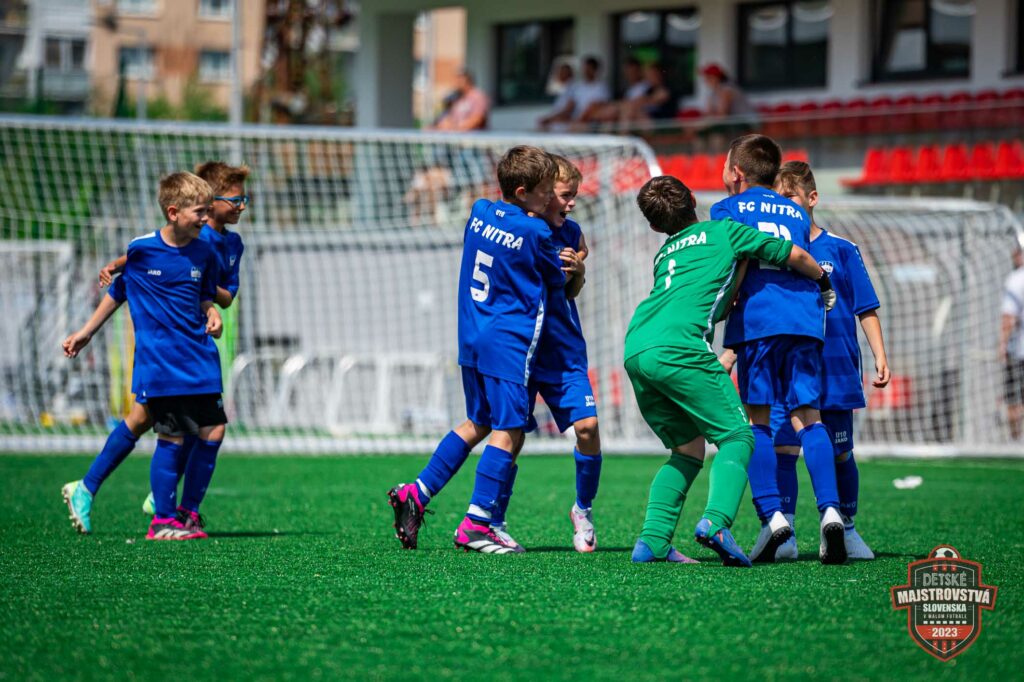Minifootball, a fast-paced and dynamic sport played in smaller teams, holds immense potential for shaping the holistic development of young players. Beyond the thrill of the game, minifootball provides a platform for youth to acquire valuable skills and develop essential character traits.
From physical fitness to teamwork, leadership skills to discipline, and sportsmanship to personal growth, the impact of minifootball on youth development is undeniable.
In this article, we will explore how minifootball contributes to the comprehensive growth of young players and why it serves as an ideal sport for fostering both skills and character.
Physical Fitness and Health
Engaging in minifootball offers numerous physical health benefits to young players. The sport involves continuous movement, running, and changes of direction, which helps develop cardiovascular endurance, agility, and overall fitness.
Regular participation in minifootball helps youngsters maintain a healthy weight, build strength, and improve their coordination. By instilling a habit of physical activity from an early age, minifootball plays a pivotal role in fostering a lifelong commitment to staying active and leading a healthy lifestyle.
Teamwork and Collaboration
Minifootball is a team sport that places a strong emphasis on cooperation and collaboration. Young players learn the value of working together towards a common goal, understanding their roles within the team, and communicating effectively with their teammates.
Through minifootball, youngsters develop vital teamwork skills such as coordination, trust, and effective communication, which are essential not only on the field but also in various aspects of life, including academics and future careers.

Leadership Skills and Decision-Making
Participating in minifootball provides young players with opportunities to develop leadership skills and decision-making abilities. As players progress in the sport, they may find themselves taking on leadership roles within their team, where they learn to make quick and informed decisions under pressure.
Minifootball helps cultivate qualities such as problem-solving, strategic thinking, and adaptability, which are crucial for young individuals as they navigate the challenges and complexities of the world.
Discipline and Sportsmanship
Minifootball instills discipline and sportsmanship in young players, teaching them the importance of fair play, respect, and ethical behavior. Through adherence to rules and regulations, players learn self-discipline and develop a sense of responsibility towards themselves and their teammates.
They understand the significance of treating opponents, referees, and fellow players with respect, showcasing good sportsmanship both in victory and defeat. These qualities learned on the minifootball field translate into everyday life, shaping the character and values of young individuals.
Minifootball goes beyond being a sport of kicks and goals – it serves as a powerful catalyst for the holistic development of young players. By promoting physical fitness, fostering teamwork and collaboration, nurturing leadership skills, and instilling discipline and sportsmanship, minifootball creates a nurturing environment for young individuals to grow and flourish. As we witness the positive impact of minifootball on youth development, it becomes clear that this exhilarating sport is more than just a game; it is a valuable tool for shaping the future generation, building skills, and nurturing character.

